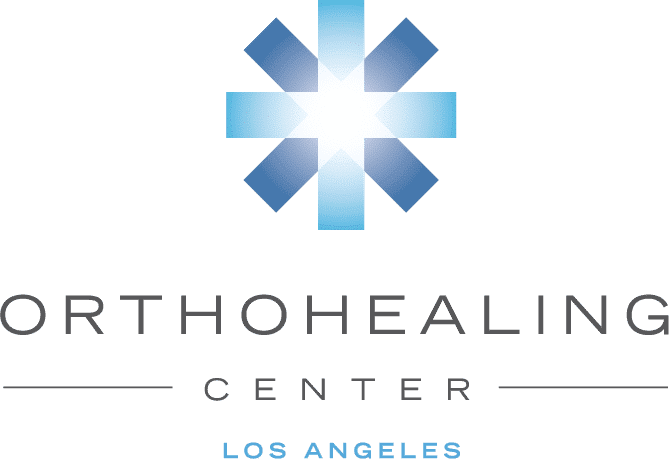Plantar Fasciitis is one of the most common causes of foot pain in the United States. In fact, approximately 10% of the population is affected by this inflammation on the heel and sole of the foot. Anyone who has suffered from this condition can tell you, the first steps out of bed in the morning can be excruciating! The Plantar Fascia is a strong protective ligament that runs from the heel bone to the base of the toes, providing protection to the muscles of the foot and aiding in arch support. This ligament can become inflamed and painful from tiny tears in the tissue caused by obesity, prolonged walking/standing, and even chronic tightness in the calf muscles or Achilles tendon.
Most cases of Plantar Fasciitis are resolved through conservative treatments such as rest, ice, anti inflammatory medication, and stretching the calves and soles of the feet. However, about 10% of cases are classified as Severe, which are often debilitating and chronic in nature. Treatment of chronic severe cases of Plantar Fasciitis has ranged from Botox injections, to shockwave therapy, radiofrequency ablation and ultimately surgery. In such cases, Platelet Rich Plasma has been added as another viable alternative to surgery.
A recent review article published in Sports Medicine and Arthroscopy addresses the potential effects of PRP in the management of Plantar Fasciitis. The article theorizes PRP to potentially aid in Plantar fasciitis management via anti-inflammatory mechanisms and modulation of collagen synthesis and tissue healing, The review article revealed studies which suggested the combination of eccentric exercises, plantar fascia stretching, and PRP injections to exhibit “enhanced and accelerated healing with excellent long term results”. The accumulated research in the article suggested Platelet Rich Plasma to be an alternative to surgery in chronic severe cases of Plantar Fasciitis lasting longer than 6 months. The study also suggested that Fascia-specific stretching and eccentric strengthening exercises should be continued throughout PRP therapy, to optimize recovery. Although continued trials and standardized research methods are needed to fully evaluate the efficacy of PRP for chronic severe Plantar Fasciitis, this recent review article adds further validity to the regenerative potential of PRP.
Follow us on Facebook and Twitter (@Orthohealingctr) for more research updates and health tips!



